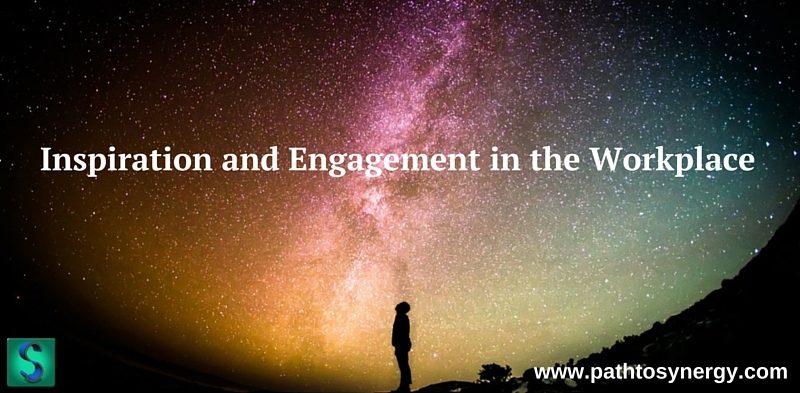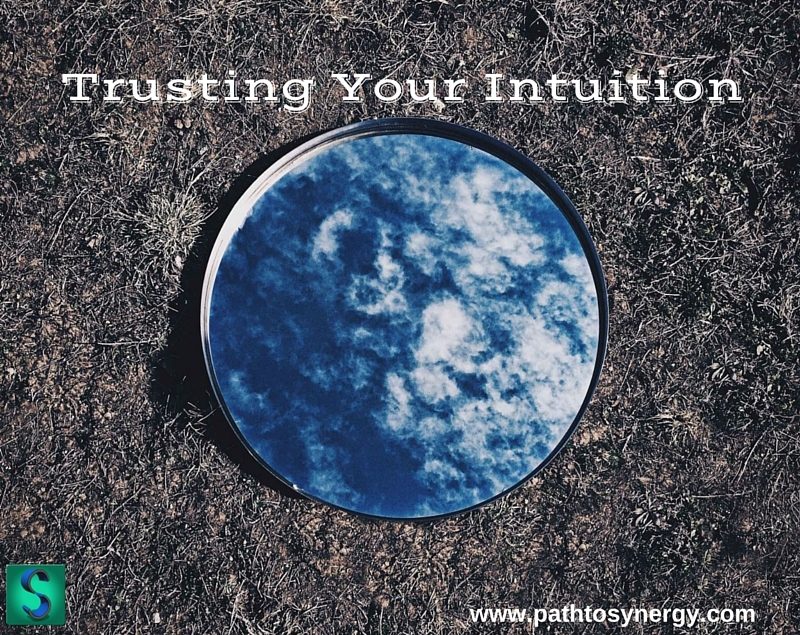Inspiration and Engagement in the Workplace

I recently wrote an article for a website called inspiremetoday.com. This article answered the question – “If you only had 500 words to share, what wisdom would you want to pass on to humanity” Of course this is a complicated question, but fun to answer. My answer consisted of ways to build inspiration, courage, congruence etc. […]
Where do you see yourself in 5 years

I was recently watching an interview that Tony Robbins did regarding Tips for Getting out of a Funk. It’s worth a watch. He talked about setting intention, living more consciously and goal setting…in addition to some reflection on our current economy. This had me thinking about the direction that I’m heading. I also was recently […]
Trusting Your Intuition

Here is a challenge I’ve been having this week. How do I determine the difference between what my gut says vs. an old pattern I have or the difference between recognizing an intuition vs a fear? So why not write about it. There are definitely some questions I find helpful when exploring if/when to trust […]